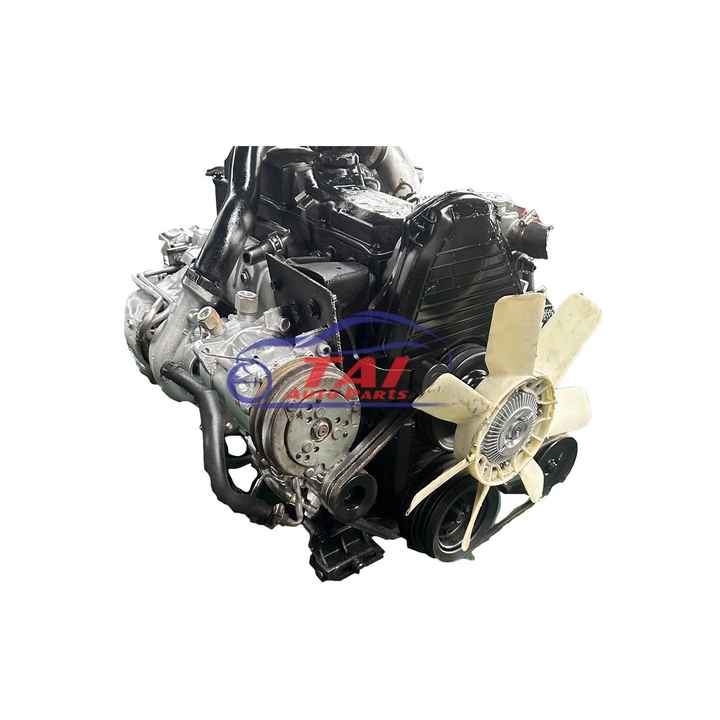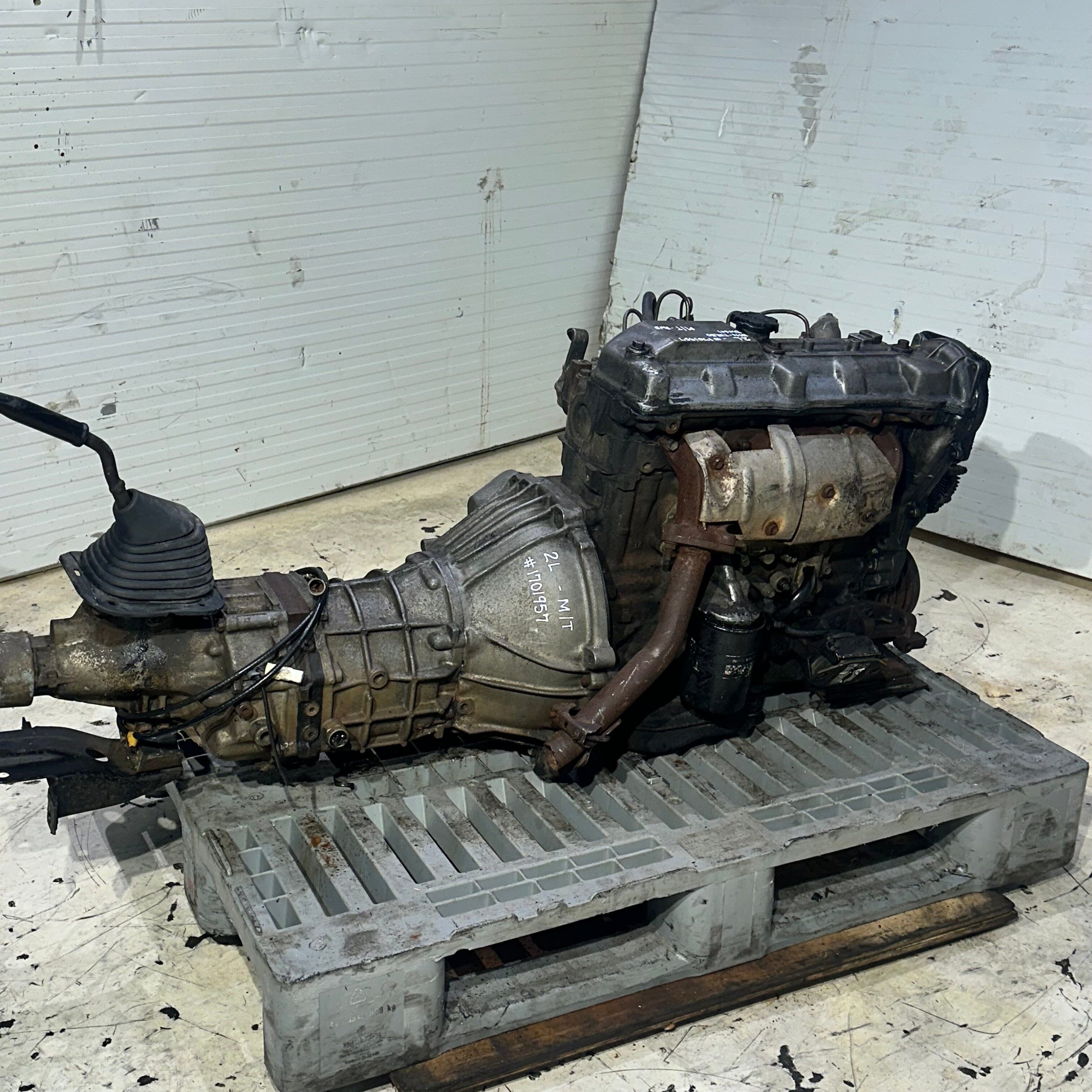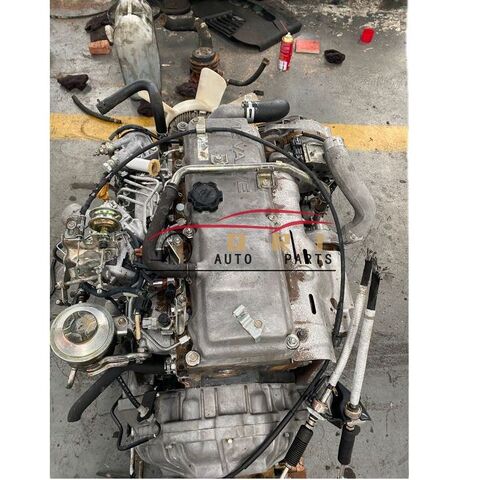Discover Why the Toyota RunX RSI Is a Popular Option Among Compact Cars
Discover Why the Toyota RunX RSI Is a Popular Option Among Compact Cars
Blog Article
Explore Quality and Value: Your Guide to Buying a Used Engine
When thinking about the acquisition of a used engine, comprehending the detailed equilibrium in between top quality and value is extremely important. An extensive analysis of engine condition, history, and dependability is vital to make certain an audio investment. By performing appropriate examinations and study, prospective customers can browse the complexities of the market better. The nuances of guarantee options and prices methods can substantially affect the overall decision-making process. As you contemplate these variables, one question remains: what specific components will inevitably lead your selection in this vital investment?
Comprehending Engine Types
When thinking about the purchase of a used engine, comprehension of the numerous engine types is important for making a notified decision. Engines can usually be categorized into two main types: interior combustion engines and electrical engines. Internal burning engines, that include gasoline and diesel variants, count on the burning of gas to generate power. Gasoline engines are usually lighter and rev higher, making them appropriate for efficiency lorries, while diesel engines are renowned for their torque and fuel effectiveness, commonly favored in heavy-duty applications.
On the other hand, electrical engines utilize electrical power saved in batteries to power the vehicle, supplying a cleaner option with less moving components and minimized upkeep needs. Within these classifications, there are better differences, such as two-stroke versus four-stroke interior combustion engines, and various electrical motor arrangements.
Understanding these distinctions is important, as they impact efficiency, compatibility with existing car systems, and long-term functional prices. By familiarizing oneself with the different kinds of engines available, potential buyers can much better analyze their demands and make selections that straighten with their vehicle's requirements and their individual choices.

Assessing Engine Problem
An extensive assessment of engine problem is extremely important for any individual thinking about the acquisition of a pre-owned engine. Start with a visual assessment; check for indications of oil leaks, corrosion, or any physical damage to the engine block. A clean engine is commonly a measure of excellent upkeep practices, while extreme crud may suggest neglect.
Following, evaluate the engine's components, consisting of the timing belt, gaskets, and seals. Search for damage, as these components can be expensive to change. In addition, check out the engine installs, as damaged installs may result in vibrations and further mechanical problems.
A compression test is essential to evaluate internal engine health. Consistent compression across all cyndrical tubes suggests a well-maintained engine, whereas considerable discrepancies might indicate inner damages or wear.
Paying attention to the engine throughout a start-up can offer valuable insights; any uncommon sounds, such as knocking or rattling, might recommend much deeper problems. If possible, request a test run to examine performance under load. By meticulously examining these variables, potential customers can make educated decisions and safeguard a quality pre-owned engine.
Checking Engine Background
Comprehending the engine's history is critical for making a knowledgeable acquisition. Expertise of previous use, maintenance documents, and any previous damages can substantially influence the engine's reliability and try this durability. Beginning by requesting the automobile recognition number (VIN) or engine serial number, which permits you to map the engine's history.
Utilize available sources, such as Carfax or AutoCheck, to obtain a vehicle background report. This record will offer important insights, including accident background, service records, and previous possession details. Toyota RunX RSI. Pay certain attention to any kind of indications of serious damages or duplicated repairs, which might suggest underlying problems
Inquire regarding maintenance routines carried out on the engine. Normal oil adjustments, timing belt substitutes, and other safety nets reflect responsible possession. In addition, ask if the engine has actually gone through any alterations, as non-standard changes can affect efficiency and compatibility with your vehicle.
Lastly, if possible, look for confirmation from a trusted technician that can evaluate the engine's condition based upon its history (Toyota RunX RSI). This extensive examination will assist you ensure and stay clear of prospective mistakes that your financial investment is sound and rewarding
Guarantee and Return Policies
Acquiring a used engine frequently comes with varying service warranty and return policies that can significantly influence your choice. When considering an utilized engine, it is important to thoroughly examine the service warranty alternatives provided by the vendor.

Additionally, trusted vendors frequently supply documents that lays out the guarantee and return procedure, ensuring transparency. Always request this details before finalizing your purchase. A well-defined service warranty and return policy can supply tranquility of mind and secure your financial investment, making it an important part of the decision-making process when purchasing a second-hand engine.
Discovering the very best Deals
When looking for the most effective deals on a used engine, it is essential to carry out thorough study and contrast prices from numerous sellers. Start by exploring on the internet industries, auto discussion forums, and regional salvage lawns to collect a thorough understanding of the marketplace. Utilizing cost comparison devices can improve this procedure, highlighting affordable rates throughout various platforms.

Consider timing your acquisition strategically. Seasonal fluctuations popular can influence costs, with specific times of the year supplying much better deals. In addition, be open to discussing prices; many vendors may want to reduce their asking price, specifically if the engine has been detailed for a prolonged period.
Conclusion
In summary, purchasing a used engine requires a detailed assessment of quality and worth. Evaluating engine condition with evaluations and examinations, validating its background, and recognizing service warranty and return plans are essential steps.
When thinking about the purchase of a pre-owned engine, understanding of the different engine types is vital for making an informed choice. Engines can normally be categorized into two primary kinds: inner burning engines and electric engines. Gas engines are generally lighter and rev higher, making them suitable for efficiency vehicles, while diesel engines are renowned for their torque and fuel efficiency, often favored in durable applications.
A comprehensive evaluation of engine problem is extremely important for any person considering Bonuses the purchase of a used engine. Start by requesting the automobile identification number (VIN) or engine serial number, which allows you to map the engine's history.
Report this page